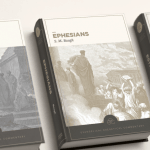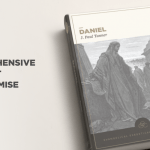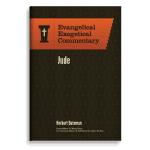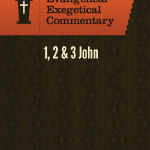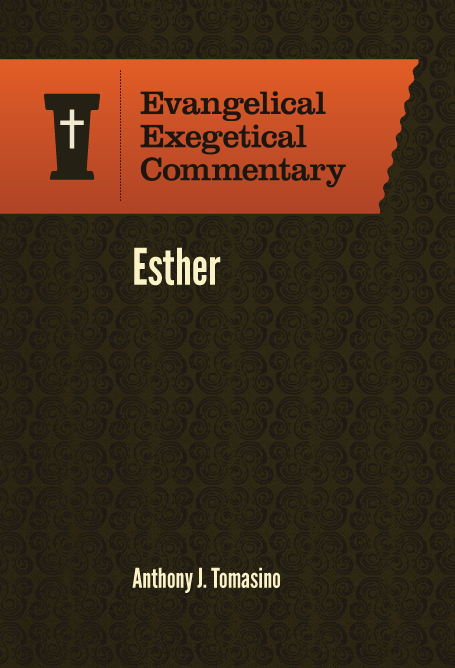
Traditionally, it was assumed that the book of Esther was the product of an eyewitness of the events it records, or at least by someone closely connected with the events. The great medieval Jewish commentator Rashi asserted that the text was the work of Mordecai himself, based on Esth 9:20: ?And Mordecai wrote these things.?? This judgment has been followed by many popular treatments of the text, though few scholars seem to hold to it today. Indeed, the text itself seems to militate against this idea. In Esth 10:3, we read, ?For Mordecai the Jew was second to King Xerxes, and prominent among the Jews, and held in esteem by the multitude of his fellow Jews, because he sought the good of his people and spoke up for the welfare of all his kin.? Not only do these words seem to lack in modesty, but they also read like a eulogy. Similarly, Esth 10:2 seems to imply that King Xerxes was already dead when the text was written.
According to the Talmud, Esther was composed by the men of the Great Synagogue (b.B. Bat. 15a), the transmitters of tradition between the time of the prophets and the earliest rabbis. Most scholars, however, have little confidence in the literal existence of the Great Synagogue, let alone its literary undertakings. No mention of such a group appears in the contemporary literature of the period (e.g., Ezra-Nehemiah, Ben Sira, the Books of Maccabees, or the Dead Sea Scrolls). Furthermore, Jewish society in the Second Temple period exhibits a great deal of religious diversity, especially in the area of halakhah (legal interpretation), and it seems unlikely that any doctrinaire central authority such as the Great Synagogue could have existed in the period.
Some conservative scholars have argued that the book was composed by Ezra (following Augustine, City of God, 18.36) or Nehemiah. These were individuals who would have been familiar with both the Persian court and with Jewish history and traditions. They would have possessed the knowledge of the Hebrew Scriptures that the author of Esther undoubtedly possessed. This theory, however, is pure speculation, based not on evidence, but on a desire to provide the book with the authority of a known biblical figure. Surely there were many people who would have knowledge of Persian customs and Jewish Scriptures. Furthermore, the writing style of Esther?its use of humor, irony, and most of all, its lack of overt religious language?is jarringly at odds with the pious and serious tones of Ezra and Nehemiah. Finally, both Ezra and Nehemiah strongly opposed the intermarriage of Jews with Gentiles (see Ezra 9; Neh 10:10; 13:23?30). How could they have written approvingly of Esther?s marriage to the king of Persia? In light of these facts, it is highly unlikely that Ezra or Nehemiah wrote this book. Most conservative scholars simply state that the author of the book is ?unknown,? while nonetheless maintaining that he must have been intimately acquainted with Persian customs and society.
Critical scholars have been even less inclined to try to identify Esther?s author, except in terms of general characteristics. For those who believe that the book was written in the Persian period, it is commonly argued that the book was written by a Persian Jew?Persian, because of his familiarity with Persian society and customs, and Jewish, because of the obvious spirit of nationalism that pervades the work. Scholars who argue that the book is a product of the Greek age hold that it was written by a Palestinian Jewish author, striving to encourage Jewish resistance against the Greeks. The issue is complicated, however, by the fact that most modern scholars believe that the book of Esther went through a long editorial process, and may be composed of multiple sources. In this case, we would not be seeking a single author, but only the final redactor of source documents originating in different times, circumstances, and perhaps even different languages.
* * *
Adapted from Esther: Evangelical Exegetical Commentary by Anthony Tomasino. Get the Logos edition of this volume free through the end of June!

